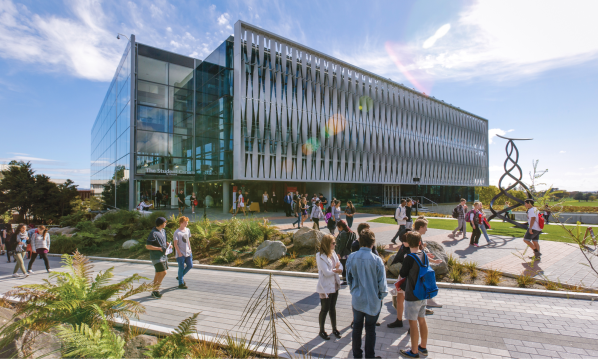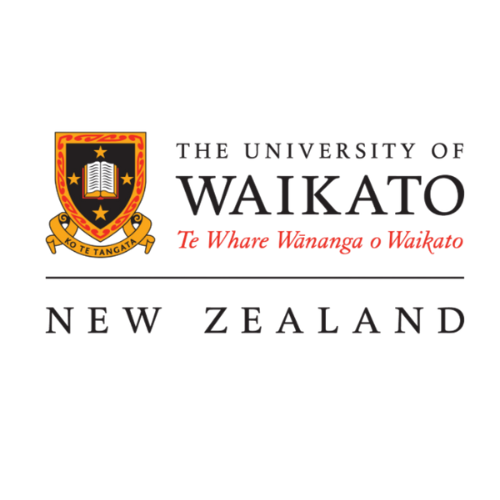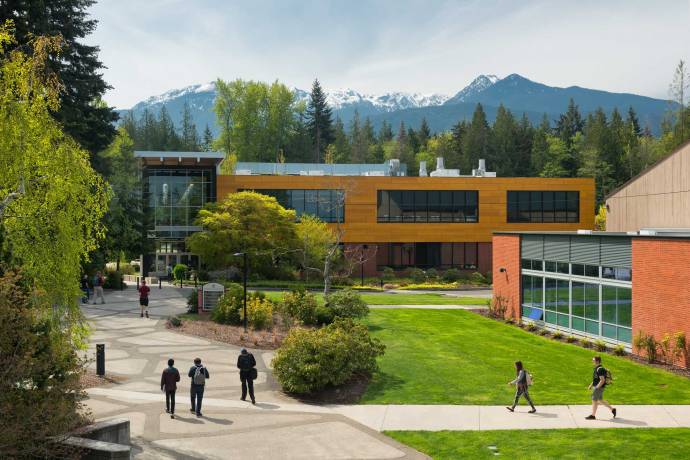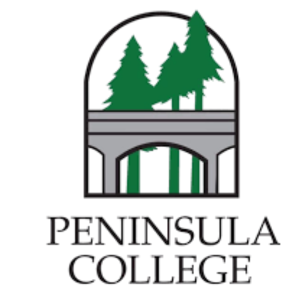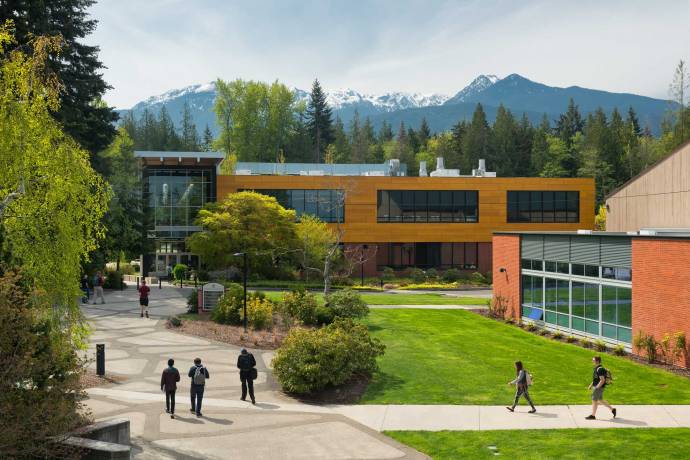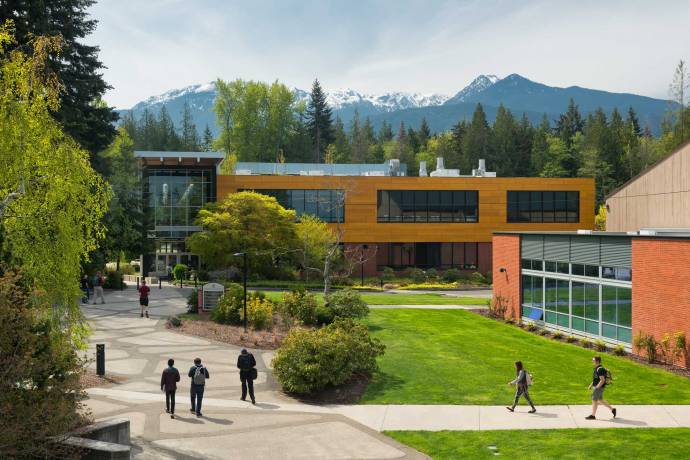About
Ghent University's Social Sciences (Communication Studies) is a joint project of Ghent University and the Vrije Universiteit Brussel. This English taught program throws down the walls between political science, communication sciences and sociology - enabling you to build solid bridges between them.
Apply Now
Ghent University
Main campus: Ghent, Belgium112
Ghent University
Key information
Duration
Full-time
3 years
Start date & application deadlines
Starting Date
April
August
Language
English
Credits
180 credits
Delivered
On Campus
Campus Location
Ghent, Belgium
Disciplines
Social Science
Explore more key information Visit programme website
Overview
Complex societies require complex thinking. In a world of rapid changes and shifting boundaries there is a growing need for minds that are capable of switching perspective and thinking outside of narrow academic boxes. That is why the VUB and Ghent University have joined forces to create an innovative model of interdisciplinary and interuniversity education: the Bachelor in Social Sciences (BScSS). Located in the heart of Europe and boasting a student body of seventy different nationalities, the BScSS provides a uniquely diverse learning environment that helps students to tackle the global problems of the future.
The first and the second year of Ghent University's Social Sciences (Communication Studies) program is taught in Brussels, at the VUB. In the third year you will start taking courses at Ghent University.
Programme Structure
Courses include:
- Sociology
- Political Science
- Communication Studies
- European History
- History of Political Ideologies
- Belgian Society and Politics
- Statistics for the Social Sciences
- SPC Methodology
- Communicating Scientific Knowledge
Academic requirements
Here is grading score requirements for this programme.
English requirements
Tuition Fee
Here’s what we charge for tuition.
The living costs include the total expenses per month, covering accommodation, public transportation, utilities (electricity, internet), books and groceries.
Scholarships Information
Visa information
Student Visas for Belgium
Are you from Bangladesh? Then yes — you’ll need a student visa to study in Belgium. But don’t worry! Everything’s perfectly manageable. We’re here to make your journey to a Belgian university or college smoother and more exciting. While we’re at it, here’s everything you can start checking right now:
1. Check if you really need a student visa.
Since you’re from Bangladesh and planning full-time academic study in Belgium, you’ll definitely need a long-stay student visa (Type D). This visa allows you to stay in Belgium for more than 90 days to complete your studies.
2. Start with the official source.
Visit the Embassy of Belgium in Bangladesh or the Belgian Immigration Office website. That’s where you’ll find the most accurate, up-to-date information about required documents, application forms, and fees. Bookmark it and double-check everything before you apply.
3. Prepare your documents early.
Here’s your checklist:
-
A valid passport
-
Letter of acceptance from a recognized Belgian institution
-
Completed visa application form
-
Proof of accommodation in Belgium
-
Medical certificate
-
Police clearance certificate
-
Proof of financial means (to cover tuition and living costs)
-
Proof of health insurance
-
Academic transcripts and certificates
Every single document matters, so keep them organized and ready.
4. Show proof of financial stability.
Belgium requires proof that you can financially support yourself during your studies. You’ll need to show evidence of sufficient funds for tuition, housing, and daily expenses. This can be through a sponsor, scholarship, or personal bank statements.
5. Polish your English or French/Dutch skills.
Depending on your university and program, your courses may be in English, French, or Dutch. So, make sure your language skills are solid — it helps with both admission and everyday life in Belgium.
6. Mind the timeline.
Visa processing can take several weeks (sometimes 8–10). Apply early so you don’t risk missing your semester start date.
Getting your Belgian student visa might feel like a lot of paperwork now, but it’s one of the most important steps toward your academic adventure in the heart of Europe.
Bon voyage, or should we say — goede reis!
You’re one step closer to studying in Belgium.
Work Permit
Find out everything you need to know about work permit regulations for international students in Belgium, including part-time work during your studies and full-time work after graduation.
Work while studying in Belgium
As an international student in Belgium, you are generally allowed to work while studying, but the rules depend on whether you are enrolled in higher education (university or college) and on your nationality. Students from non-EU/EEA countries (like Bangladesh) need to follow specific regulations.
How can I apply?Apply through the Belgian Immigration Office or your university’s international student office. Speak to your student advisor or designated officer for guidance and permission.
|
Application requirements
|
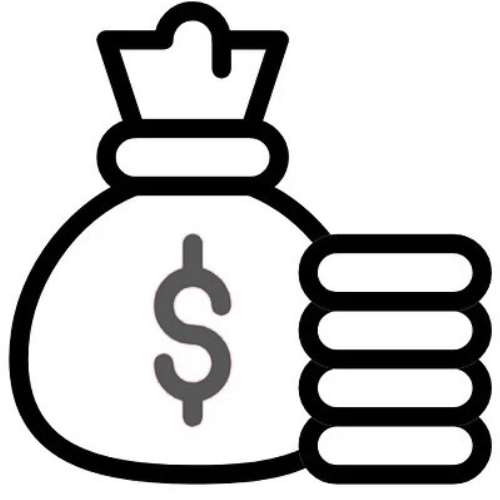
Duration of work permitThe work rights are valid as long as you remain enrolled and hold a valid student visa with work authorization conditions. |
Maximum hours of work per week
|
Required documents
|
